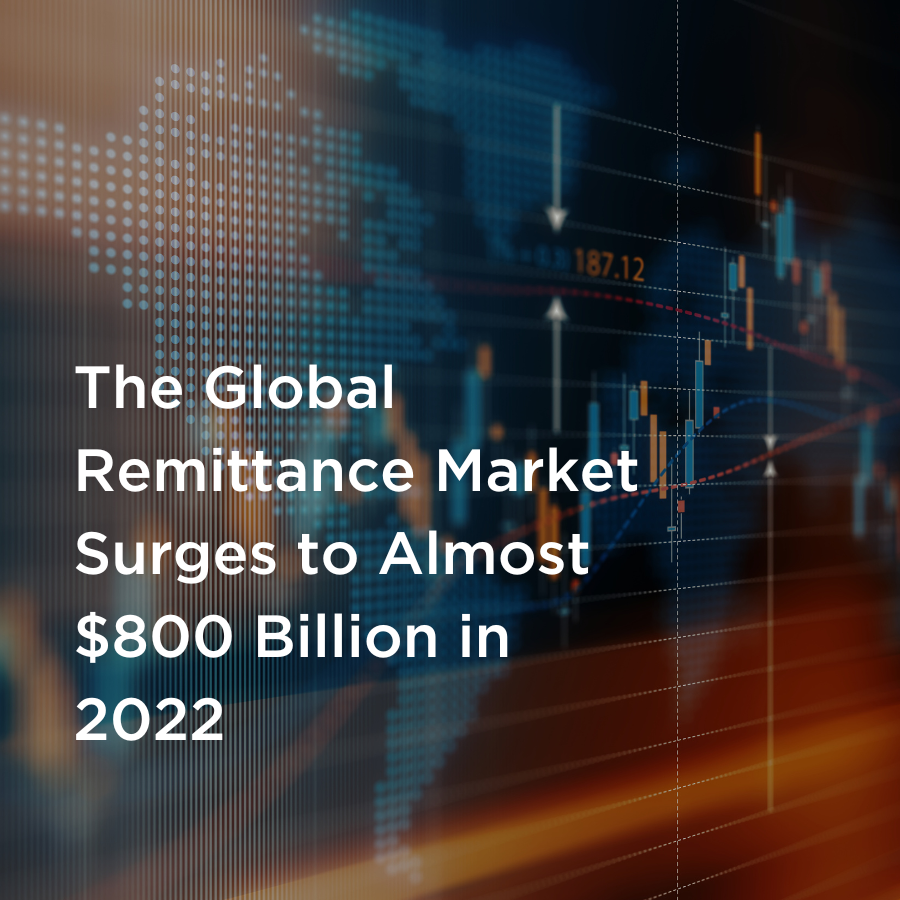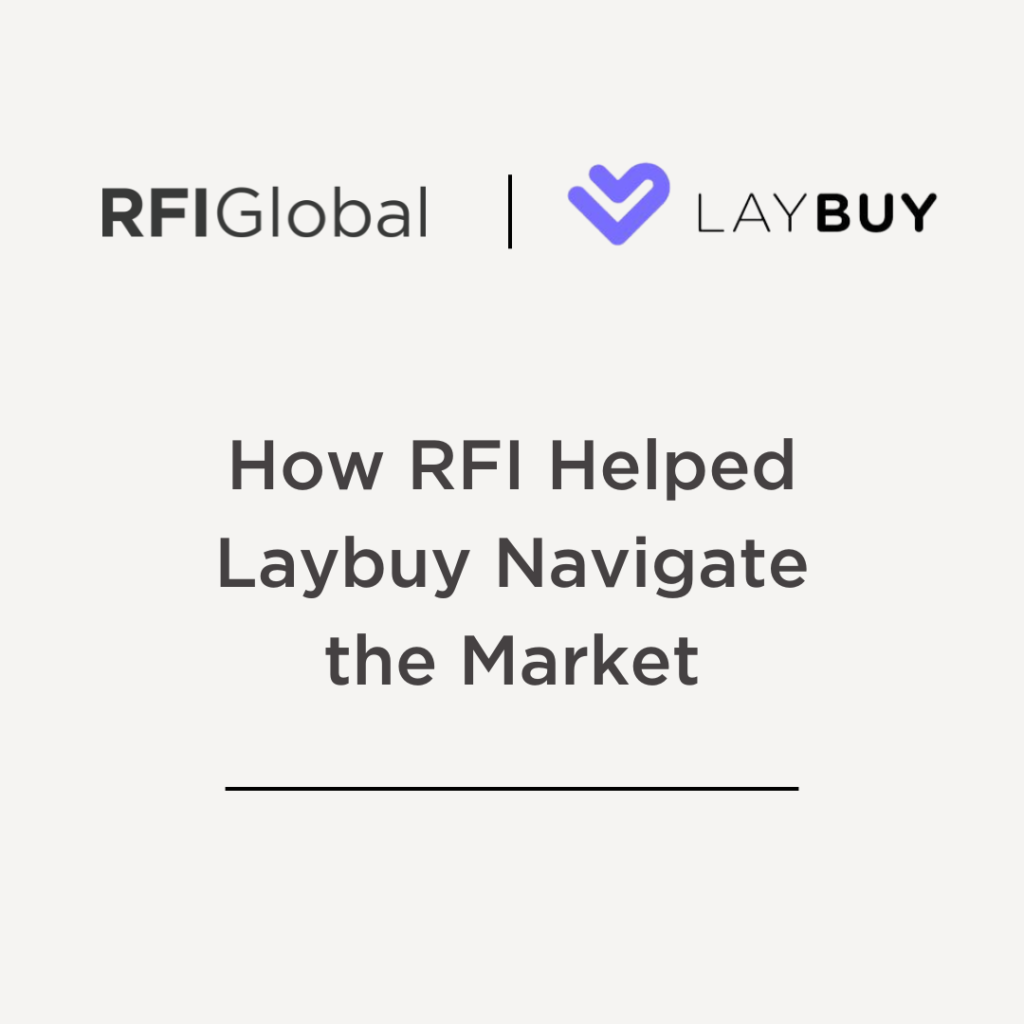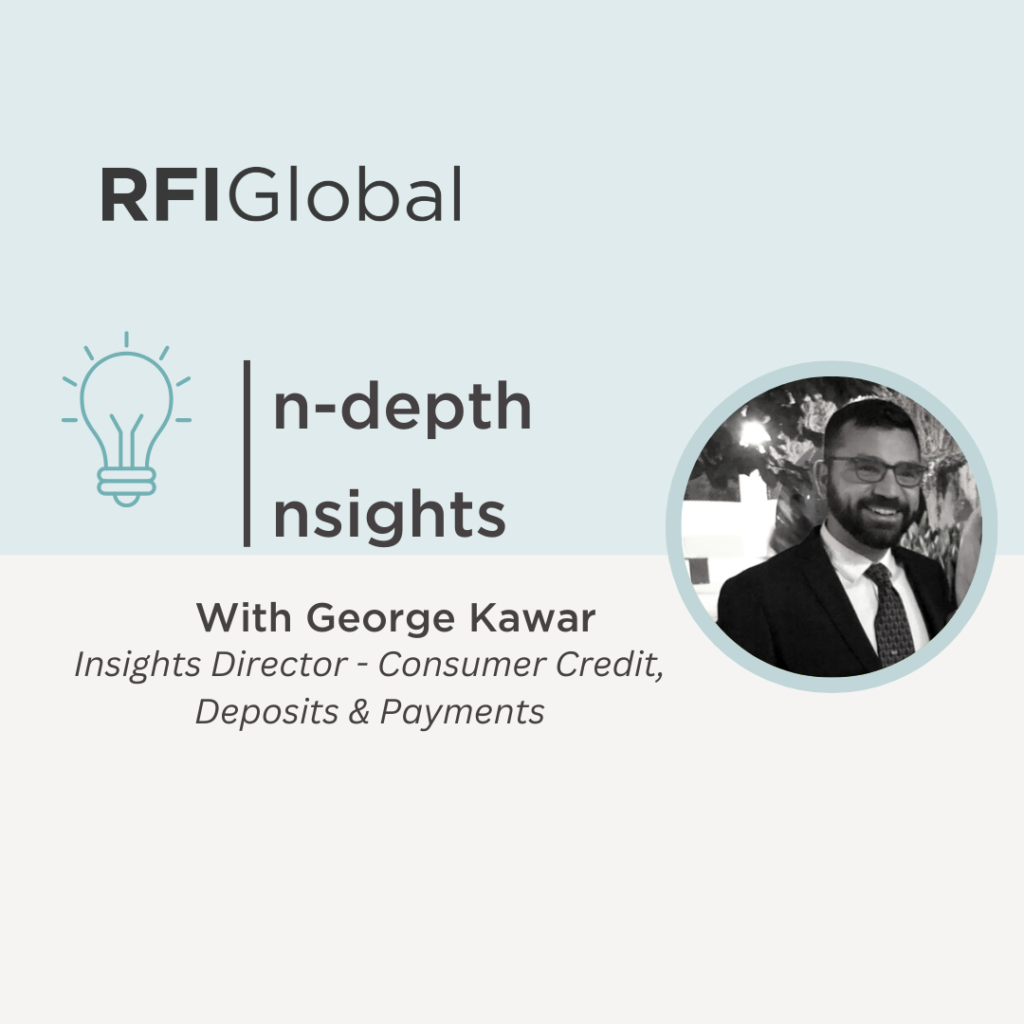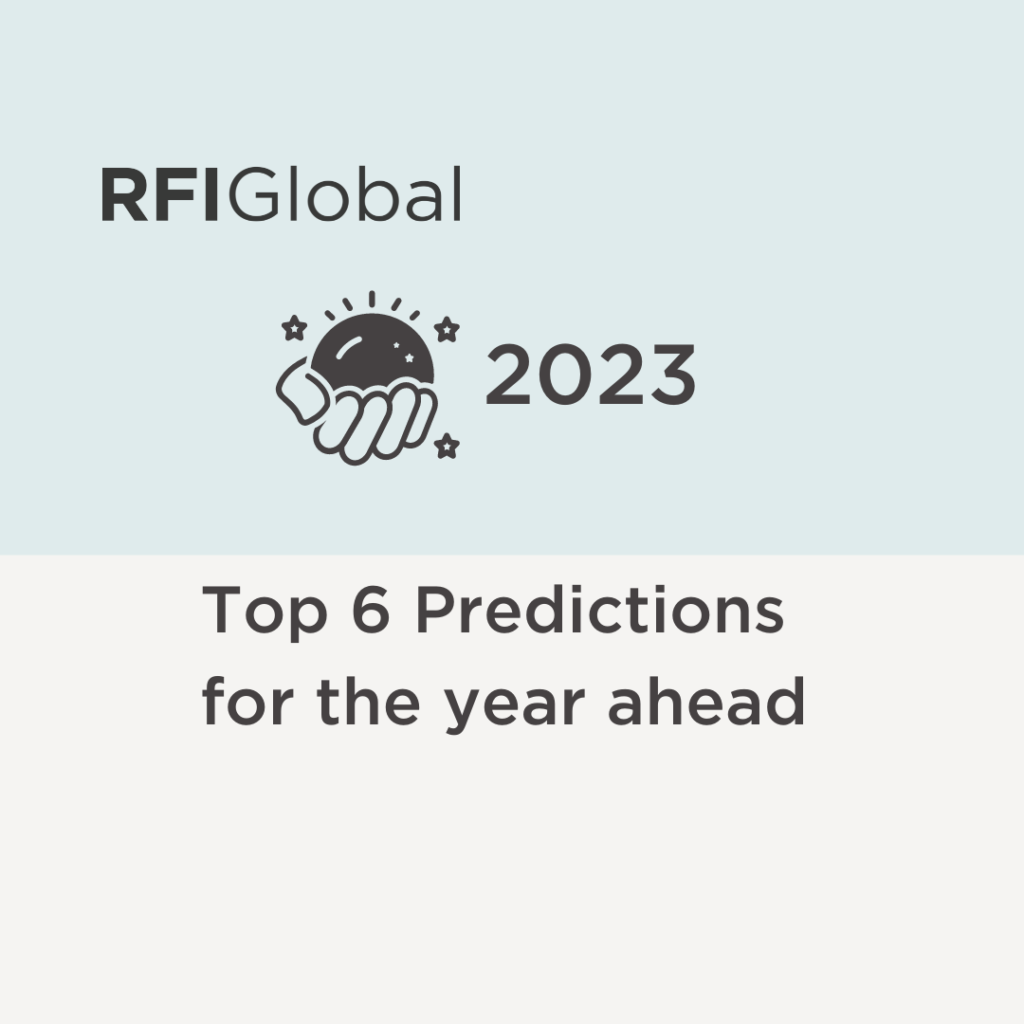How the financial services industry can support the financial wellbeing of customers
- REGION :Australia
- DATE : October 13, 2022
- AUTHOR : Anna Perera-Shaw
How the financial services industry can support the financial wellbeing of customers
- REGION :Australia
- DATE : October 13, 2022
- AUTHOR : Anna Perera-Shaw
They say money does not buy happiness, but it can certainly buy peace of mind. So much of our wellbeing is rooted in how we feel about our finances. This aspect of our lives has the power to impact our overall wellbeing, and in some instances, consume all our thoughts. As a financial services provider, what can you do to facilitate a healthy relationship between the Mind and the Finances?
The financial services industry has a crucial role to play in promoting and supporting the financial wellbeing of customers. But one size does not fit all and there are important factors to consider when planning your approach to improving financial wellness globally such as cultural context, levels of financial and digital inclusion, financial literacy rates, government support available and the provision of financial capability tools, initiatives and education programs by different providers.
At a high level, however, it helps to start by considering what it means to be at an optimal level of financial wellness, and how financial service providers can support the needs of customers. Insights gained from RFI Global research show that being at an optimal level of financial wellness has different meanings for different consumers, though some common themes exist. Here are the top ones to consider:
- Financial stability – Knowing I am financially secure and can meet my bill payments. Being in control of my finances. Not feeling overwhelmed by financial choices.
- Comfort – Able to feel comfortable in my spendings. Having enough money to live the life I want to rather than have to. Being comfortable with what I spend.
- Readiness for unexpected expenses – I am prepared for unforeseen emergencies and can afford these. Having sufficient funds to meet unexpected expenses. Having money for future expenses that pop up.

Younger consumers are typically less likely than older consumers to feel they are at an optimal level of financial wellness, and there are elements that influence this such as their income, the savings they have built up and the stability of their employment, particularly when considering that younger consumers are more likely to be casually employed and these roles were particularly disrupted during the pandemic.
Other factors to consider are the ways in which money is spoken about at home when children and teenagers are growing up, and the stress that is associated with money. Oftentimes families avoid talking about money because it is a significant stressor, however there is value in the ability to speak about money openly and ask questions as they arise. There is also value in education programs and platforms that are tailored for children and youth.
Another important consideration for financial service providers to consider is the current financial landscape their customers are in, including rising cost of living, petrol prices, rising rates on lending products and increasing reliance on credit products to meet everyday expenses.
The strategies consumers take to help mitigate financial stress and build up their savings is typically to reduce spending of non-essential and discretionary expenses, delay large purposes or simply try to make more effort to save money just in case. However, managing money can be stressful and some consumers avoid looking at their bank balance as it is too confronting to be faced with this.
Considering this and considering the role that personal finances play in meeting essential expenses, supporting lifestyles and helping meet goals such as buying a home or travelling abroad, there are some areas that financial service providers can consider to better support the needs of customers. These are outlined below.
- Highlight the importance of an emergency savings fund to customers, so they have a savings buffer in place in the event of an unexpected expense occurring. This is typically recommended to be 10 percent of their income, however any funds that can be put aside each week can make a difference when these unexpected expenses arise. This also can reduce the need to turn to short-term debt solutions with high interest rates.
- Ensure fees and charges on products are clearly and transparently presented to customers so they are aware of these. Building trust with customers can be challenging however making clear what costs are associated with products can boost customer confidence and understanding of the products they are taking out. This can also help them manage products more effectively as they can factor in upcoming fees or charges or ensure they are doing the required actions to receive fee waivers that are available.
- Remind customers of hardship services that are available to them if they find themselves in a position where they are unable to meet their loan repayments or are struggling to pay the fees or charges on a product they hold. Customers may not realise they can reach out to their bank or lender for support rather than going into arrears, and this can help protect their credit score and ensure they do not have to pay even more in the long run with late fees or extra interest.
- Provide customers with easy-to-understand information about the different products available to them, how these products work and the difference between product features or types of products (such as fixed versus variable interest rates, secured versus unsecured loan types etc.). There is also value in making clear to customers what they can do if they have questions about products or services, such as providing information about live chat services or customer helplines they can utilise.
- Offer customers easy-to-use digital apps that provide a range of features and functionalities. Standard features such as the ability for a customer to view their balance simply and clearly, transfer money between accounts or review past statements, as well as tailored features such as savings goal trackers, spend categorisation features and bill trackers, can be valuable to customers who rely on mobile apps for their everyday banking tasks, particularly younger customers. Thoughtful considerations in digital apps and opportunities for customer feedback can also be beneficial, to ensure the app meets customer needs and is continuously improving.
Current
Loud Budgeting and the Big Switch
21 Feb 2024 \ Budgeting
Avoiding the ‘Intergenerational Tragedy’
28 Nov 2023
The Rise of Mobile Wallets in Canada
14 Sep 2023 \ Payments
SME’s, Stress and Scrutiny of costs
29 Jun 2023 \ Sentiment \ SME
BNPL – Regulation and Legacy
31 May 2023 \ BNPL \ Regulation
March Trends Newsletter, The MacroMonitor
14 Mar 2023 \ Women
February Trends Newsletter, The MacroMonitor
15 Feb 2023
2023 – The Year of SoftPOS?
14 Feb 2023 \ SoftPOS
A Year in the Life of BNPL
02 Feb 2023 \ BNPL
January Trends Newsletter, The MacroMonitor
20 Jan 2023
2022 – The year that was
17 Jan 2023 \ banking predictions
Winning with Cross-Sell, Singapore Webinar
01 Nov 2022 \ webinar
Who are the FiTeRRs?
13 Sep 2022 \ inflation \ Mortgages \ Youth Banking
The Canadian Mortgage Market
08 Jun 2022 \ Canada \ Mortgages
The Global State of BNPL | Regional Deep Dive
05 May 2022 \ BNPL
RFI Report | Banking on Digital
30 Oct 2021 \ Global \ mobile banking
The BNPL Juggernaut
24 May 2021 \ BNPL \ In-depth Insights
Driving Sustainability in Finance
25 Apr 2021 \ Sustainability








































































/NQA-ISO-27001-Logo-UKAS.jpg)